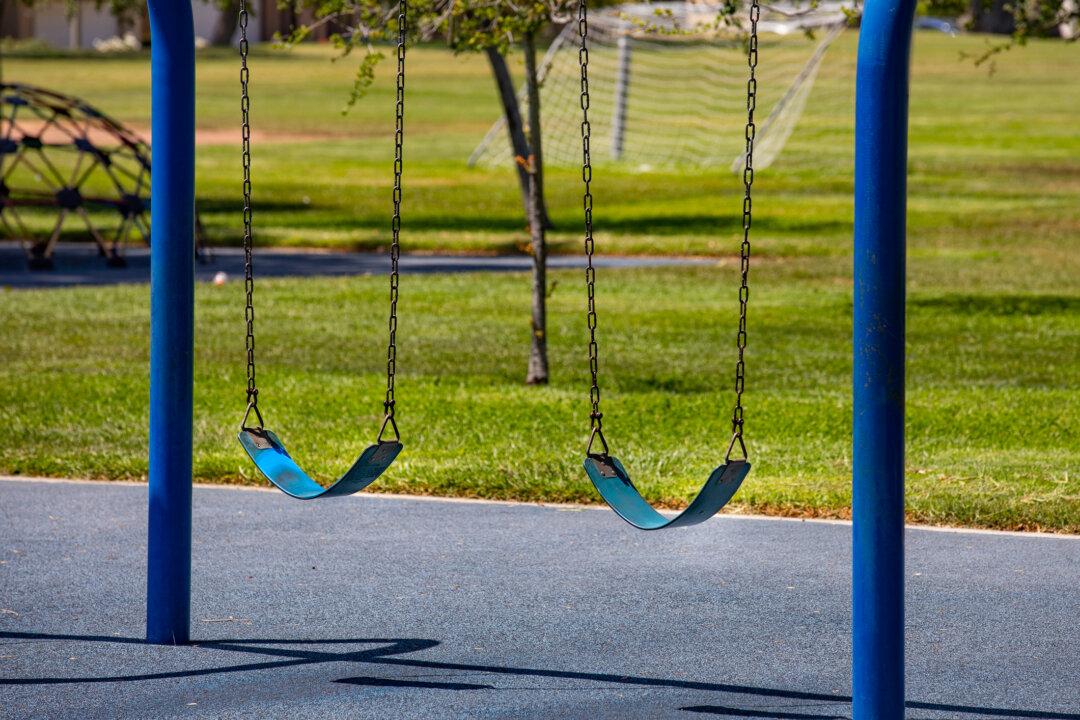An elementary school in Colorado has gone viral on social media after promoting what appears to be a racially segregated event on the school’s playground.
The Centennial Elementary School, which is part of the Denver Public School (DPS) system, has recently planned “Families of Color Playground Night[s].” The school’s calendar suggests that the first event was scheduled to take place on Oct. 13, and would then reoccur on the second Wednesday of each month “at school, outside, as long as weather permits.”





